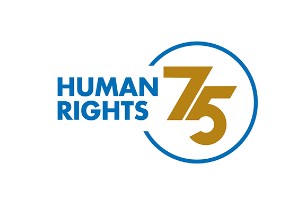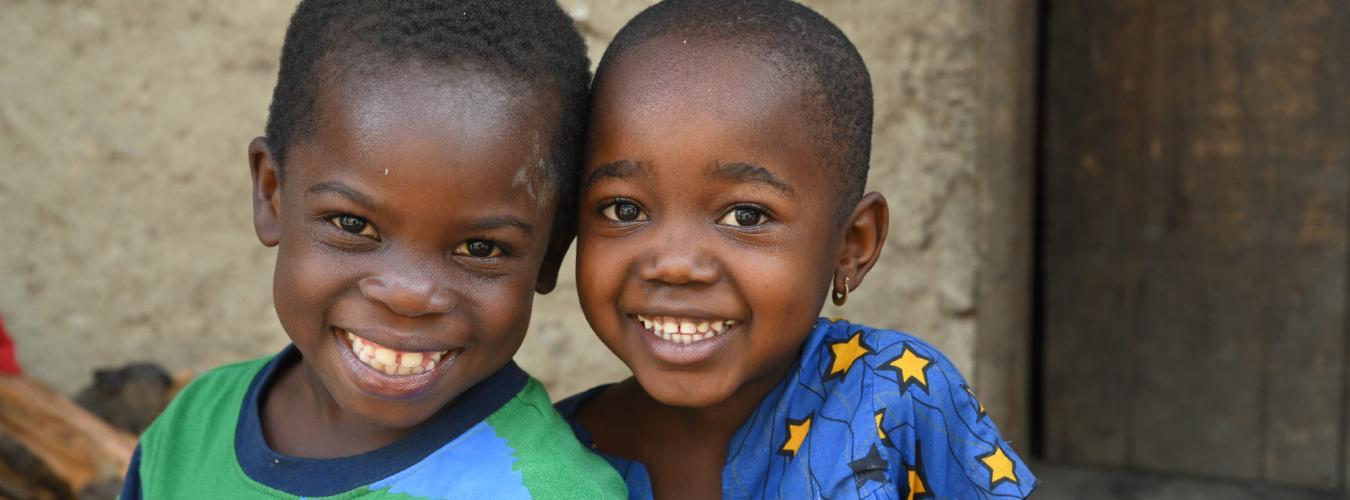
The 2023 theme of the International Day focuses on the urgency of combatting racism and racial discrimination, 75 years after the adoption of the Universal Declaration of Human Rights (UDHR).
Seventy-five years ago, for the first time, the international community agreed on a set of common values and acknowledged that rights are inherent to every single human being and not granted by the State. These rights are enshrined in the Universal Declaration of Human Rights, a blueprint for international human rights norms.
The UDHR states that everyone is entitled to all the rights and freedoms, without distinction of any kind, such as race and colour, among others. However, racism and racial discrimination continue to affect people all over the world.
The commemoration of the 75th anniversary of the adoption of the UDHR should give States an impetus to take prompt and robust steps, in law and in practice, to advance equality and combat racism, racial discrimination, xenophobia and related intolerance.
The UN’s High Commissioner for Human Rights, Volker Türk, has invited all States, as part of the Human Rights 75 initiative, to combat racial discrimination by committing to take specific and urgent actions.
Background
The International Day for the Elimination of Racial Discrimination is observed annually on the day the police in Sharpeville, South Africa, opened fire and killed 69 people at a peaceful demonstration against apartheid “pass laws” in 1960.
In 1979, the General Assembly adopted a programme of activities to be undertaken during the second half of the Decade for Action to Combat Racism and Racial Discrimination. On that occasion, the General Assembly decided that a week of solidarity with the peoples struggling against racism and racial discrimination, beginning on 21 March, would be organized annually in all States.
Since then, the apartheid system in South Africa has been dismantled. Racist laws and practices have been abolished in many countries, and we have built an international framework for fighting racism, guided by the International Convention on the Elimination of Racial Discrimination. The Convention is now nearing universal ratification, yet still, in all regions, too many individuals, communities and societies suffer from the injustice and stigma that racism brings.
Principle of equality
The United Nations General Assembly reiterates that all human beings are born free and equal in dignity and rights and have the potential to contribute constructively to the development and well-being of their societies. In its most recent resolution, the General Assembly also emphasized that any doctrine of racial superiority is scientifically false, morally condemnable, socially unjust and dangerous and must be rejected, together with theories that attempt to determine the existence of separate human races.
The United Nations has been concerned with this issue since its foundation and the prohibition of racial discrimination is enshrined in all core international human rights instruments. It places obligations on States and tasks them with eradicating discrimination in the public and private spheres. The principle of equality also requires States to adopt special measures to eliminate conditions that cause or help to perpetuate racial discrimination.
Major UN meetings and events
In September 2021, the United Nations General Assembly brought together world leaders for a one day meeting in New York to mark the twentieth anniversary of the adoption of the Durban Declaration and Programme of Action under the theme of “Reparations, racial justice and equality for People of African Descent.”
In 2001, the World Conference against Racism produced the most authoritative and comprehensive programme for combating racism, racial discrimination, xenophobia and related intolerance: the Durban Declaration and Programme of Action (DDPA). In April 2009, the Durban Review Conference examined global progress made in overcoming racism and concluded that much remained to be achieved. Undoubtedly, the greatest accomplishment of the conference was the renewed international commitment to the anti-racism agenda.
In September 2011, the United Nations General Assembly held a one day high-level meeting in New York to commemorate the 10th anniversary of the adoption of the Durban Declaration and Programme of Action. There, world leaders adopted by consensus a political declaration proclaiming their “strong determination to make the fight against racism, racial discrimination, xenophobia and related intolerance, and the protection of the victims thereof, a high priority for [their] countries.”
Coming as it did during the 2011 International Year for People of African Descent, the 10th anniversary was a chance to strengthen political commitment in fighting racism and racial discrimination.
On 23 December 2013, the General Assembly proclaimed the International Decade for People of African Descent commencing 1 January 2015 and ending on 31 December 2024, with the theme “People of African descent: recognition, justice and development.”


